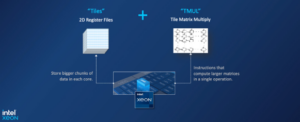
Introduction Artificial Intelligence (AI) workloads increasingly depend on robust computational resources, and Intel Xeon processors present an attractive solution for both training and inference. The introduction of Advanced Matrix Extensions (AMX) in Intel Xeon has significantly enhanced AI acceleration, especially for deep learning, natural language processing, and high-performance computing applications. Accurate benchmarking of these workloads […]


